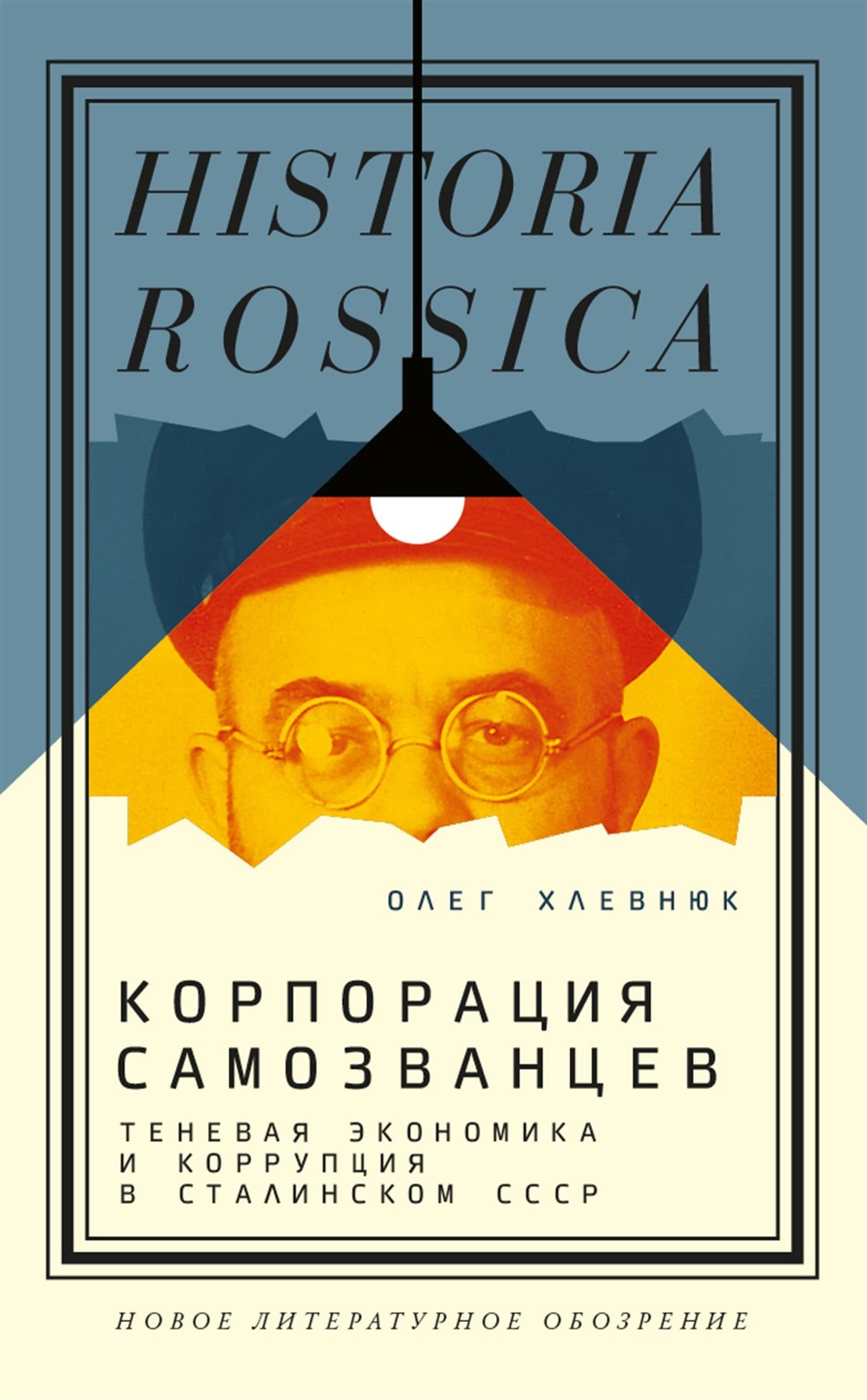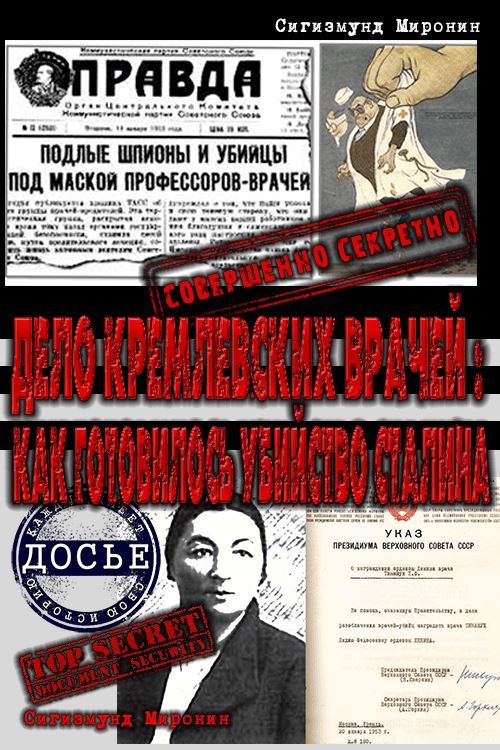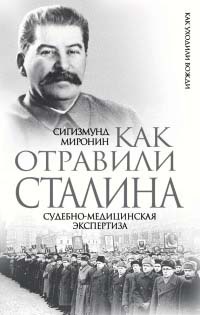Книга Секретари. Региональные сети в СССР от Сталина до Брежнева - Олег Витальевич Хлевнюк
На нашем литературном портале можно бесплатно читать книгу Секретари. Региональные сети в СССР от Сталина до Брежнева - Олег Витальевич Хлевнюк полная версия. Жанр: Разная литература / Политика. Онлайн библиотека дает возможность прочитать весь текст произведения на мобильном телефоне или десктопе даже без регистрации и СМС подтверждения на нашем сайте онлайн книг knizki.com.
Шрифт:
-
+
Интервал:
-
+
Закладка:
Сделать
Перейти на страницу:
Перейти на страницу:
Внимание!
Сайт сохраняет куки вашего браузера. Вы сможете в любой момент сделать закладку и продолжить прочтение книги «Секретари. Региональные сети в СССР от Сталина до Брежнева - Олег Витальевич Хлевнюк», после закрытия браузера.
Книги схожие с книгой «Секретари. Региональные сети в СССР от Сталина до Брежнева - Олег Витальевич Хлевнюк» от автора - Олег Витальевич Хлевнюк:
Комментарии и отзывы (0) к книге "Секретари. Региональные сети в СССР от Сталина до Брежнева - Олег Витальевич Хлевнюк"
























